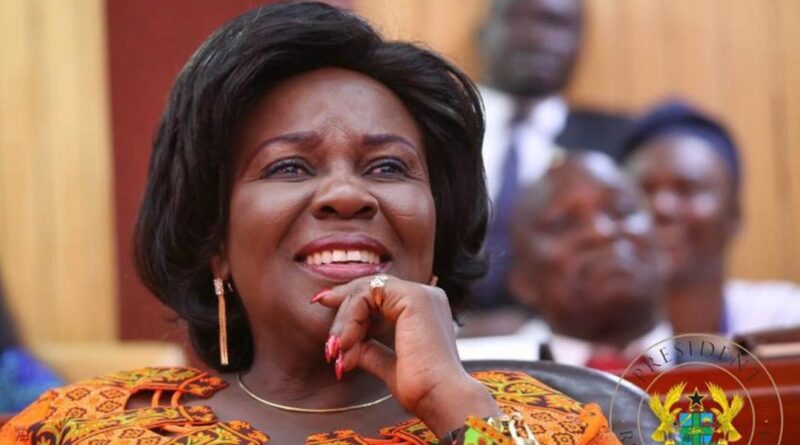The Metro Lens Editorial: The Minister’s Hoarding of US Dollars: Fueling Ghana’s Currency Depreciation Crisis
Introduction:
The recent revelation of ministers hoarding US dollars in their homes while the Bank of Ghana struggles to obtain dollars has become a significant contributor to the depreciation of the Ghanaian currency, the Ghana Cedis. This editorial aims to shed light on the detrimental impact of this behavior and emphasize the urgent need for corrective measures to restore stability to Ghana’s currency.
Undermining the Economy:
The hoarding of US dollars by ministers not only displays a lack of transparency and accountability but also undermines the efforts of the Bank of Ghana to stabilize the economy. By withholding dollars from circulation, these ministers exacerbate the scarcity of foreign currency, thereby putting additional pressure on the Ghanaian currency. This ultimately leads to its depreciation, negatively impacting the purchasing power of citizens and increasing the cost of imported goods.
Negative Implications for Businesses and Consumers:
The depreciation of the Ghanaian currency has far-reaching consequences for businesses and consumers alike. As the value of the Ghana Cedis declines, businesses face increased costs for imported raw materials, machinery, and equipment. This, in turn, leads to higher prices for goods and services, placing a burden on consumers who are already grappling with rising inflation. Furthermore, the depreciation hampers economic growth and deters foreign investment, hindering job creation and further exacerbating the economic challenges faced by the country.
Undermining the Central Bank’s Efforts:
The Bank of Ghana plays a crucial role in managing the country’s foreign exchange reserves and stabilizing the currency. However, the hoarding of US dollars by ministers directly undermines the bank’s efforts to maintain a healthy foreign exchange reserve and regulate the exchange rate. It creates an artificial scarcity of dollars, making it increasingly difficult for the Bank of Ghana to meet the demands of businesses, importers, and other essential sectors of the economy.
Need for Urgent Corrective Measures:
To address this issue, immediate action is imperative. Firstly, a thorough investigation should be conducted to identify the ministers involved in hoarding US dollars and hold them accountable for their actions. Transparency and stringent regulations must be enforced to prevent such hoarding in the future. Additionally, the government should collaborate closely with the central bank to ensure a steady supply of foreign currency and effective management of the nation’s foreign exchange reserves. This may include implementing stricter controls on the movement of foreign currency and enhancing oversight mechanisms.
Restoring Confidence and Stability:
Restoring confidence in Ghana’s currency is vital for economic stability and growth. The government must take decisive action to address this issue and demonstrate its commitment to fiscal responsibility and transparency. By holding ministers accountable and implementing measures to prevent hoarding, Ghana can regain the trust of both domestic and international stakeholders, attract foreign investment, and stabilize the Ghanaian currency.
Conclusion:
The hoarding of US dollars by ministers while the Bank of Ghana struggles to obtain currency is a grave concern that directly contributes to the depreciation of the Ghanaian currency. It is essential for the government to act swiftly and decisively, holding those responsible accountable and implementing measures to prevent future hoarding. By doing so, Ghana can restore stability to its currency, foster economic growth, and regain the confidence of both domestic and international investors

